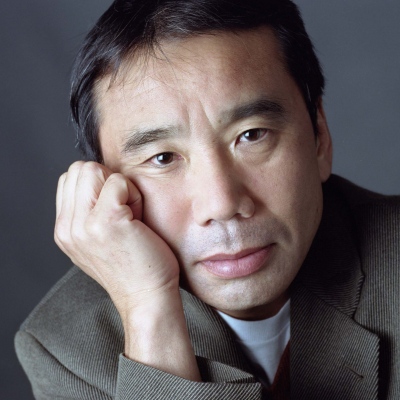"This situation marked the collapse of the myth regarding Japan’s technological prowess, of which the Japanese people had been so proud. In addition, allowing this distorted logic represented the defeat of existing Japanese ethics and values. We now blame the electrical companies and Japanese government, which is right and necessary. At the same time, however, we must also point the finger at ourselves. We are at once victims and perpetrators, and we must consider this fact seriously. If we fail to do so, we will make the same mistake again.
'Let all the souls here rest in peace, for we shall not repeat the evil.' - We must take these words to our hearts.
Dr Robert Oppenheimer, who was the primary architect of the development of the atomic bomb, was appalled by the devastation inflicted upon Hiroshima and Nagasaki by the nuclear attacks. He once said to President Truman: 'Mr President, there is blood on my hands'. Truman took a clean and neat white handkerchief from his pocket and said: 'Go ahead and wipe them.' Of course, there is no clean handkerchief in the world large enough to wipe away so much blood. We, the Japanese, should have been unrelenting in saying 'No' to nuclear power. This is what I believe.
We should have been working to develop alternative energy sources to replace nuclear power at a national level, by harvesting all existing technologies, wisdom and social capital. Even if people throughout the world had mocked us, saying, 'Nuclear power is the most effective power generation system, and Japanese people are really stupid not to use it', we should have retained the aversion to nuclear power that was triggered by our experience of nuclear weapons.
We should have made the development of non-nuclear power generation the cornerstone of our policy after World War II. This should have been the way to assume our collective responsibility for the victims of Hiroshima and Nagasaki. In Japan, we needed strong ethics, strong values and a strong social message. This would have been a chance for the Japanese people to make a real contribution to the world. We neglected to take that important road, however, preferring to pursue the fast track of “efficiency” in support of our rapid economic development.
As I mentioned earlier, we can overcome the damage caused by natural disasters, however dreadful and extensive they might be. And sometimes our spirits may grow stronger and more profound through the process of overcoming. This is most certainly something that we can achieve.
..."

